2023 Mandel Graduate Research Grants
Meet the 2023 Grant Recipients
Mobility and Immobility
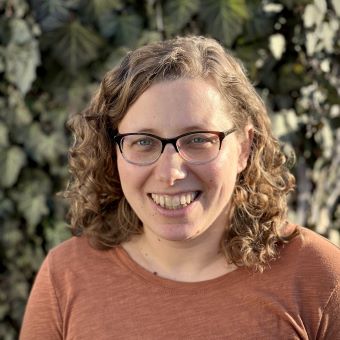
Geographic mobility has long served as an important engine of economic opportunity in the United States, yet mobility has declined precipitously in recent decades. Drawing on interviews from across the country, Stephanie Garlow is examining the meaning that people assign to place and how that influences processes of mobility and immobility.
Illegible Subjects, Invisible Labor: Israel’s Non-Jewish, Non-Citizen Workers
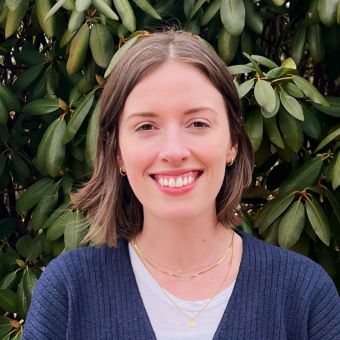
Proportional to its population, Israel's non-citizen workforce is one of the largest in the world, and yet, through a variety of policies, this population is largely rendered invisible in the daily lives of the Jewish Israeli majority. In this project, I am particularly interested in how non-citizens conduct and relate to labor that reproduces the image Israel projects of itself toward the world.
Having been largely cast as "not belonging" in Israel due to their non-Jewish backgrounds, how do they relate to their role in the maintenance of this national image? To investigate the answers to these questions, I will conduct preliminary research on workers in the hospitality industry, including one-on-one interviews and more informal participant observation. I am interested in examining how these workers interact with their Jewish Israeli employers, with foreign tourists visiting Israel, and with one another as co-workers. In what ways do non-citizen residents participate in the lives of the polity, despite their social exclusion from it?
The Late Lancashire Witches: A Critical Edition
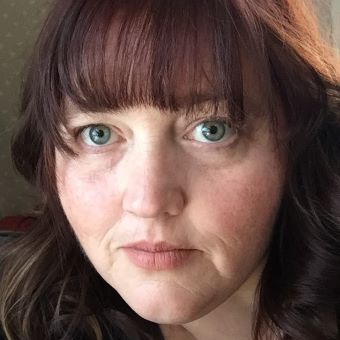 My project is the creation of a critical edition of a critical edition of a lesser-known work of English renaissance drama — "The Late Lancashire Witches" by Thomas Heywood and Richard Brome. This project, which includes a new, edited copy of the text will include footnotes, glosses, a critical introduction and critical essays, as well as a robust bibliography and timeline, not only makes available to new audiences an important but overlooked text but also helps to advance the growing field of witchcraft and magic studies for literary, historical, sociological and cultural scholars.
My project is the creation of a critical edition of a critical edition of a lesser-known work of English renaissance drama — "The Late Lancashire Witches" by Thomas Heywood and Richard Brome. This project, which includes a new, edited copy of the text will include footnotes, glosses, a critical introduction and critical essays, as well as a robust bibliography and timeline, not only makes available to new audiences an important but overlooked text but also helps to advance the growing field of witchcraft and magic studies for literary, historical, sociological and cultural scholars.
In the supplementary materials, I argue that the figure of the witch acts as a cipher upon which the playwright and audience can work out social and national anxieties, including identity formation and religious tensions. In addition to making this edition accessible and approachable to many audiences, as part of my project I intend to create several podcast episodes and a promotional and informational website as a way of making this a more public-facing work.
I am confident in the value of this project to many types of scholars and as such intend to pursue a publishing contract with an academic press for the edition.
Pillaging the Vanguard: Chicago, Neoliberalism and the evolution of Black Politics
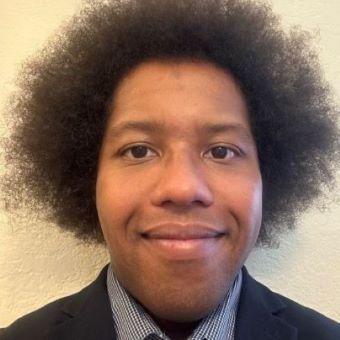
My current dissertation work is a political history focusing on Black politicians in Chicago between the establishment of machine politics in the city to the signing of the Violent Crime Control and Law Enforcement Act of 1994.
Through the examination of these Black lawmakers at the levels of city council, the mayor’s office, and the Illinois 1st Congressional District, I investigate how their conceptions of American democracy evolved over the course of several decades. I track the rise and influence of neoliberalism — the political philosophy that posits the free market is the best tool to maintain modern society and must be supported through the polity of limited democracy and a minimal welfare state — as the dominant political approach of Chicago politicians during the 1970s and the decades that followed. This political transformation of Chicago from the 1960s to 1994 frames how the neoliberal shift among Black politicians occurred and what its consequences meant for the nation.
Singing & Hearing Trauma: Becoming a Vocologist
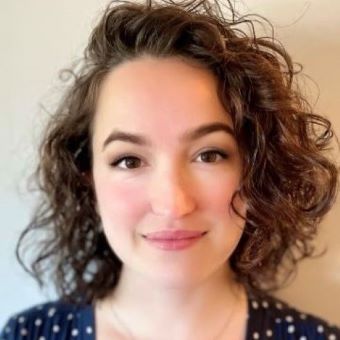
My dissertation research examines the relationship between voice, trauma, exploitation, and musical labor within American popular music and opera. My work addresses systemic oppressions and how they interact with participant realities and facilitates discussions about invisible traumas that have long been erased, minimized, or silenced within the music industry and musicology.
This summer, I will be training to become a certified vocologist at the Summer Vocology Institute, hosted by the Utah Center for Vocology, where I will learn the scientific study of vocal behaviors, functions, and habilitation. This program is central to my dissertation work because it will provide the methodological foundations for voice-based analysis. Voice-based analysis is a nascent discipline within musicology; historically, scholars have often theorized the voice apart from the body, and this disconnect has led to misunderstandings within the field.
My goal is to fuse voice-based analysis with vocology; thereby, integrating a foundational understanding and appreciation of voice habilitation with the analysis of lived, felt, heard and sung experiences. I will then apply this methodology to my various case studies on the Peoples Temple cultic group and their relationship to music, Appalachian women's coal mining songs and participant experiences within the operatic industry.

My research fuses Native, environmental, and labor histories to investigate 19th and 20th century logging in Northern Maine. By comparing the different harvesting strategies, economic incentives and labor structures of settler agriculture, industrial lumbering, and industrial pulp and paper production, I complicate narratives of industrialization and settler colonial expansion.
Making these distinctions, I investigate the dynamic relationship between these companies, forests and Native people in the region. Most of my research on the 19th century engages lumbering company records (including payslips, correspondences, and harvest statistics), while my inquiries into the 20th century pulp and paper industry will rest on oral history interviews with Native people who worked for the industry.
Logging is central to the historical image of Maine, but scholars have yet to seriously integrate Native people into this story. In doing so, this dissertation will paint a larger, more-detailed portrait of Maine's environmental and economic history.